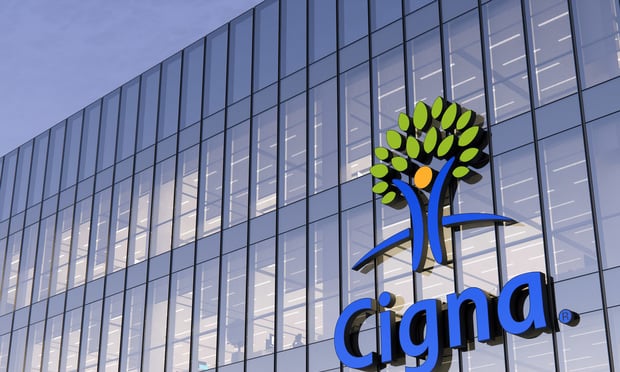While they regard it as the most critical issue in the nation, U.S. workers rate the health care system poorly, according to a new study by the Employee Benefit Research Institute and Greenwald & Associates.
But they also say they’re highly satisfied with their own health plans. That doesn’t mean they’re happy about the cost, though; just 22 percent are extremely or very satisfied with the cost of their health insurance plan, and only 18 percent are satisfied with the costs of health care services not covered by insurance.
Also, 48 percent of workers say they’ve experienced an increase in health care costs in the past year, about the same percentage as in 2016 and 2015, but down from 61 percent in 2013.
Those costs are taking a heavy toll. Among the workers reporting cost increases, 26 percent say they’ve cut retirement plan contributions as a result, and 43 percent have cut contributions to other savings. More than a quarter say they’ve had a tough time paying for basic necessities, such as food, heat and housing, while 36 percent say they’ve had difficulty paying other bills.
Nearly a third say they’ve run through all or most of their savings or have increased their credit card debt, 22 percent have borrowed money, 27 percent have delayed retirement, 19 percent have dropped other insurance benefits, 15 percent have taken a loan or withdrawal from a retirement plan and 13 percent have purchased additional insurance to help with expenses.
The study finds that that 31 percent of workers rate health care as the top concern in America, with 60 percent of employees saying that health coverage is an extremely important consideration for them in whether to stay in their jobs. In fact, they rate having health coverage as more important than having a retirement plan (just 41 percent said the latter is extremely important).
That doesn’t mean they think all that highly of the health care system in the U.S., however, with 55 percent rating it only fair (30 percent) or downright poor (25 percent) in 2017. And while employees were either extremely or very confident about accessing medical treatment and confident about their ability to pay for it, when asked about how treatment and affordability would look 10 years from now, their confidence levels fell.
According to the study, 45 percent of workers indicate that, at present, they are extremely or very confident about their ability to get the treatments they need today. However, just 34 percent are confident about their ability to get needed treatments during the next 10 years, and a scant 26 percent are confident about this once they are eligible for Medicare.
In addition, 30 percent of workers say they are confident that they are able to afford health care without financial hardship today, but that drops to just 26 percent when they’re asked to project care’s affordability over the next 10 years, and even lower, to 23 percent, when they’re asked to consider its affordability once they’re on Medicare.
© 2025 ALM Global, LLC, All Rights Reserved. Request academic re-use from www.copyright.com. All other uses, submit a request to asset-and-logo-licensing@alm.com. For more information visit Asset & Logo Licensing.







